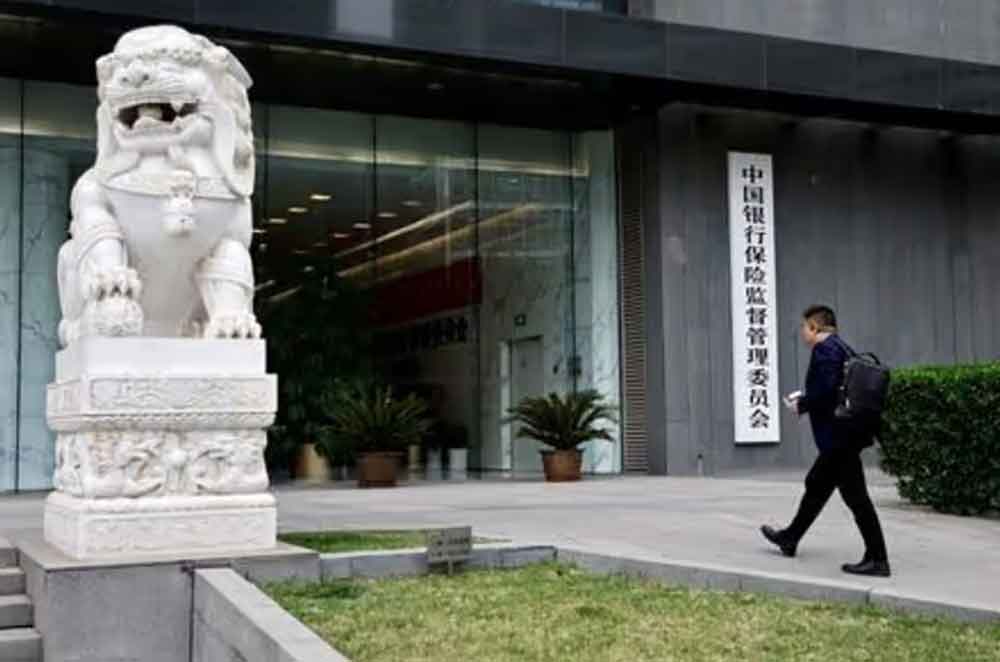BEIJING- China’s banking regulator has given small banks a 2026 deadline to stop selling wealth management products unless they have a separate wealth subsidiary in a bid to curb financial risks, three people with knowledge of the matter told Reuters.
A 2018 regulation and previous instructions had required banks to set up a wealth management subsidiary dedicated to such products, but the regulator did not give a timeline for when banks had to comply.
In addition to stipulating a deadline, the latest instruction also requires some small banks to reduce their wealth management business activities by the end of this year, the sources added.
Small regional lenders in Shandong, Guangdong and Zhejiang provinces are among banks that have been instructed to reduce their wealth management business by the National Financial Regulatory Administration (NFRA), the sources said.
The sources declined to be named as the instructions have yet to be made public.
The NFRA did not immediately reply to a Reuters request for comment.
The instruction is the latest effort by the government to rein in risks in the sprawling bank wealth management sector, which has been targeted as part of a regulatory crackdown on shadow banking activities over the past few years.
It would make banks standardize their wealth management businesses and to invest the funds into the capital markets in a compliant way.
They also aim to establish a clear separation between banks’ wealth management operations and their other businesses to eliminate any implicit guarantee that these investment products would be bailed out by the banks if they perform poorly.
Since the 2018 regulation, China’s major state-owned banks and large national commercial lenders established separate wealth management subsidiaries, but most smaller regional banks have lagged behind.
Long-touted changes to China’s tax system will focus on allowing local governments to retain more fiscal revenues, say policy advisers, widely seen by markets as an important step towards removing an immediate threat to financial stability.
Measures that redistribute income from central authorities to municipalities, curbing an addiction to land sales laid bare by China’s property crisis, will top the agenda of a leadership gathering in July, known as the third plenum, they said.
“Pressure is high to push reforms to bolster local government revenue after the end of the land finance phase,” said one of four policy advisers who spoke to Reuters. Three of them requested anonymity due to the sensitivity of the matter.
The plenum is set to discuss the biggest changes to China’s fiscal system in three decades, with policymakers hoping to ease concerns over a $13 trillion-and-growing local government debt pile that poses risks to financial institutions and economic growth.
Details of the plans have been reported by Chinese media.
In 2023, local governments’ own fiscal revenues accounted for 54 percent of the nation’s total, but their expenditures accounted for 86 percent , data from the finance ministry showed.
This imbalance stems from the fiscal reforms of 1994, when China aimed to limit localities’ capacity to independently raise money, following a surge in local spending and inflation in the late 1980s.
But local governments got around those limitations by creating off-budget financing vehicles – which Beijing is cracking down on – and by auctioning land for residential development, fueling a giant housing bubble.
Land sales’ contribution to local budgets rose from a fifth to almost a third in the decade leading up to 2021, when China entered a severe property market downturn. It is no longer a reliable cash cow: such incomes shrank to 5.8 trillion yuan ($780 billion) in 2023 from a 2021 peak of 8.7 trillion.




